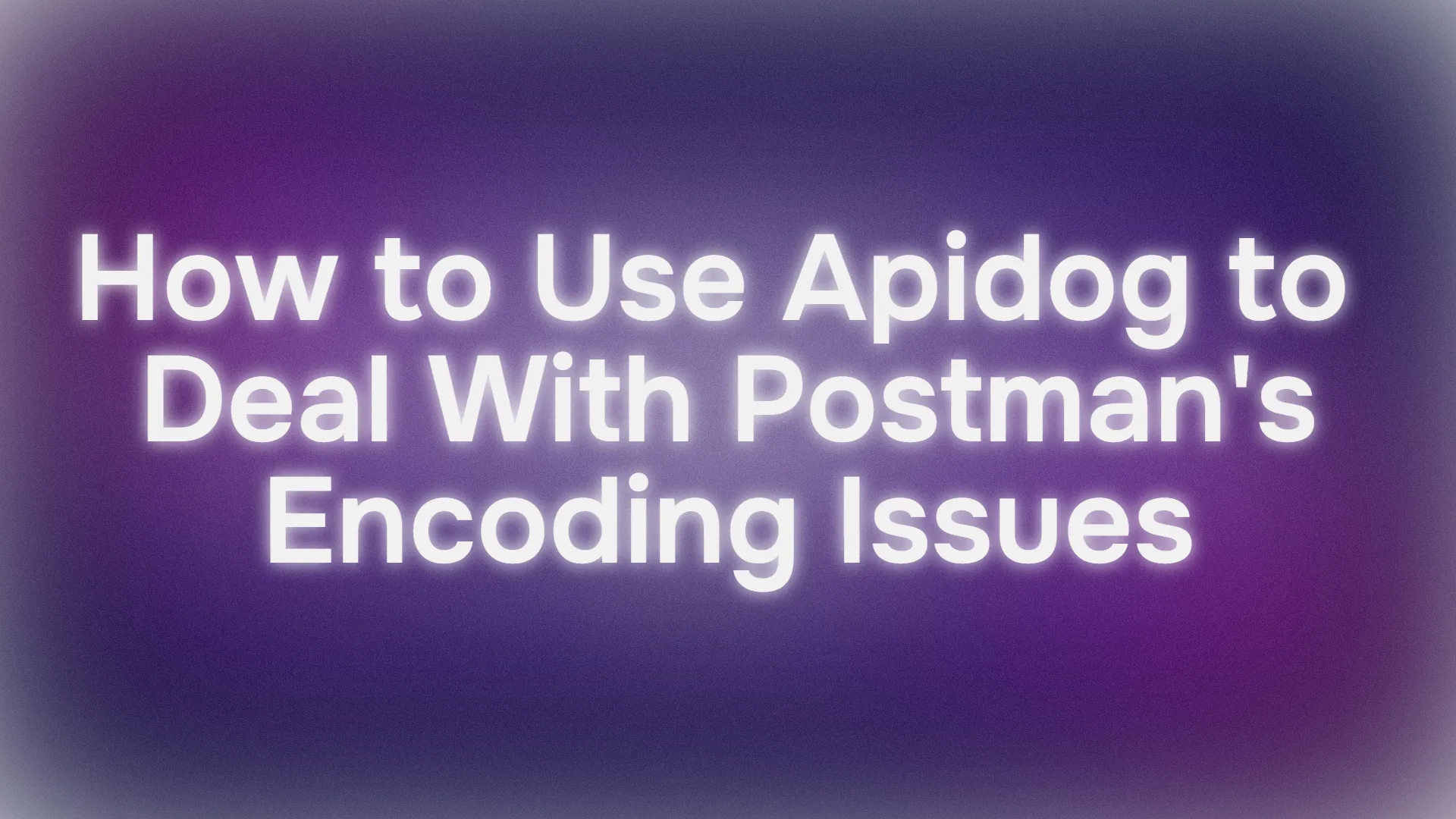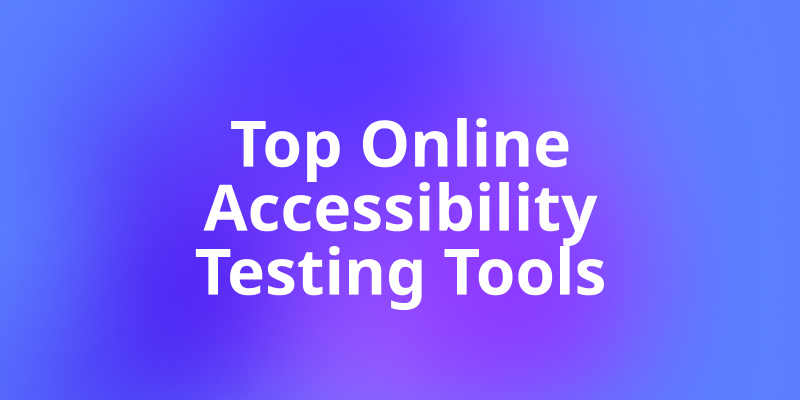Today, we're diving into a common headache: Postman URL encoding issues. You know, those moments when your query parameters get mangled, and your API calls just won't cooperate? Yeah, it's frustrating. But don't worry—I've got your back. We'll break down the problem, show you how it happens, and then introduce Apidog as a rock-solid alternative that sidesteps this mess entirely. Let's chat about it step by step, like we're grabbing coffee and troubleshooting together.
Understanding the Postman URL Encoding Problem
So, what's the deal with Postman URL encoding? Picture this: You're testing an API, and you need to pass a complex query parameter, like a JSON-like string. Postman is supposed to handle the encoding for you, right? But sometimes, it only partially encodes things. Special characters like '{', '}', and ':' don't get the full URL treatment, leading to garbled requests that servers reject.
From what devs are sharing on places like Reddit and GitHub, this isn't a rare glitch. For instance, if you set a query param value to {"hello":{"$word":"world"}}, Postman might spit out something like {%22hello%22:{%22$word%22:%22world%22}}. That's only encoding the quotes to %22, but leaving the braces and colon as-is. The result? Your API throws a tantrum with errors like 400 Bad Request because the server expects proper encoding, such as %7B%2522hello%2522%3A%7B%2522%24word%2522%3A%2522world%2522%7D%7D. It's a classic case of Postman not fully escaping those tricky characters, and it can waste hours of your time debugging.
This issue has been reported in Postman's support channels, with users noting it affects versions like v7.28.0 on Windows. And while Postman has great features overall, this encoding quirk pops up especially with third-party APIs that are picky about query params. If you're working with FastAPI or similar frameworks, you've probably felt the pain.
Why Postman URL Encoding Issues Matter (And How They Disrupt Your Workflow)
Imagine you're in the middle of a sprint, iterating on API endpoints, and every test request fails because of encoding mishaps. It's not just annoying—it slows down development, introduces bugs, and can even lead to security headaches if params aren't handled right. Devs on Reddit's r/FastAPI subreddit have vented about this exact problem, sharing how it forced them to hunt for workarounds or switch tools altogether.
The root cause? Postman's automatic encoding doesn't always align with strict server expectations. Sure, you can manually tweak it using features like EncodeURIComponent, but who wants to do that for every param? It's a band-aid, not a fix. And in a fast-paced dev environment, you need tools that just work, without extra hoops.
Want an integrated, All-in-One platform for your Developer Team to work together with maximum productivity?
Apidog delivers all your demands, and replaces Postman at a much more affordable price!
Introducing Apidog: Your Go-To Alternative for Flawless API Testing
Alright, enough griping about the problem—let's talk solutions. Enter Apidog, an all-in-one API platform that's gaining traction as a superior Postman alternative. Why? Because it handles encoding like a champ, without the inconsistencies that plague Postman. Apidog is designed for the full API lifecycle: design, debugging, testing, mocking, and even CI/CD integration. It's low-code, user-friendly, and packed with quality-of-life features that make your life easier.
From what I've seen in Apidog's resources and user feedback, it excels at proper URL encoding out of the box. No more partial encoding woes—your query params get the full treatment they deserve. Plus, it's got automated testing, custom scripts, and seamless documentation generation. If you're tired of Postman's quirks, Apidog feels like a breath of fresh air.
Step-by-Step: Replicating the Issue in Postman and Fixing It with Apidog
To really grasp this, let's walk through replicating the bug in Postman (based on common reports) and then see how Apidog handles it smoothly.
In Postman (Where the Issue Occurs):
- Fire up a new request.
- Add a query parameter with the value
{"hello":{"$word":"world"}}. - Check the console or raw request output. You'll likely see it partially encoded as
{%22hello%22:{%22$word%22:%22world%22}}—quotes are handled, but braces and colons aren't. - To fix it manually, you'd have to right-click the param, select EncodeURIComponent, and voilà, it becomes
%7B%2522hello%2522%3A%7B%2522%24word%2522%3A%2522world%2522%7D%7D. But why the extra step every time?
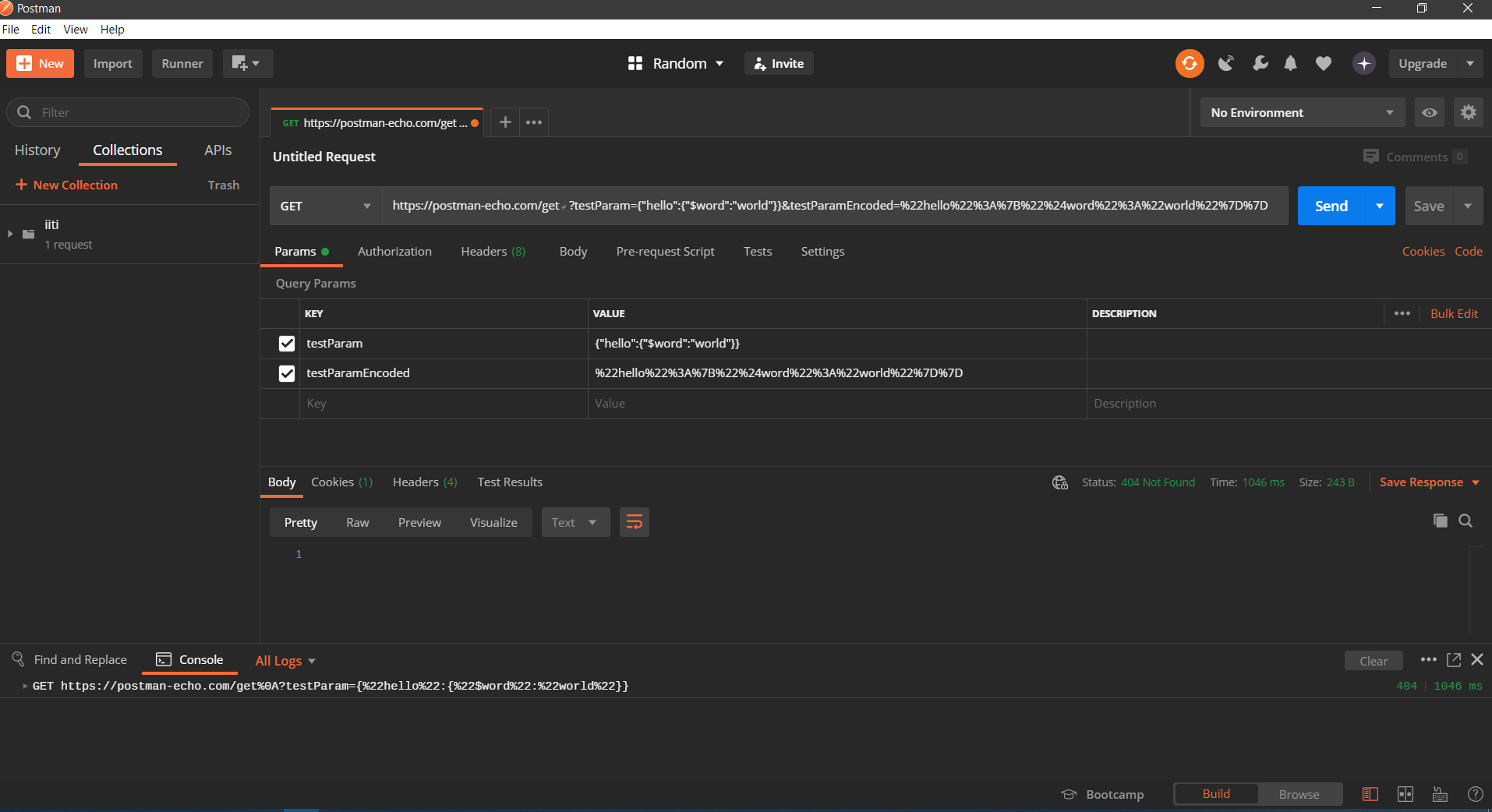
Now, Switching to Apidog (No Issue Here):
Apidog makes this effortless. Here's how to set it up and ensure perfect encoding:
- Create a new request in Apidog.
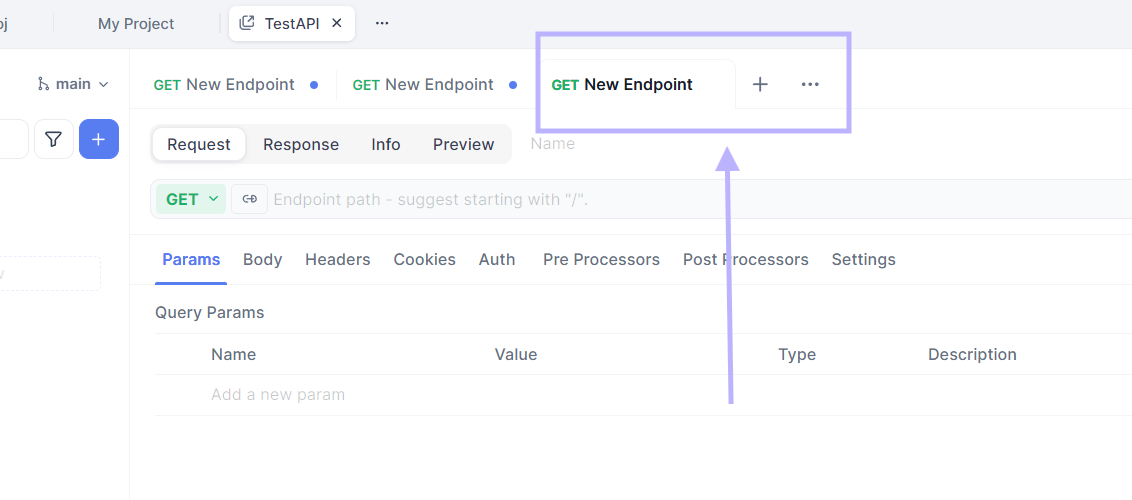
2. Add your query parameter with the same value: {"hello":{"$word":"world"}}.
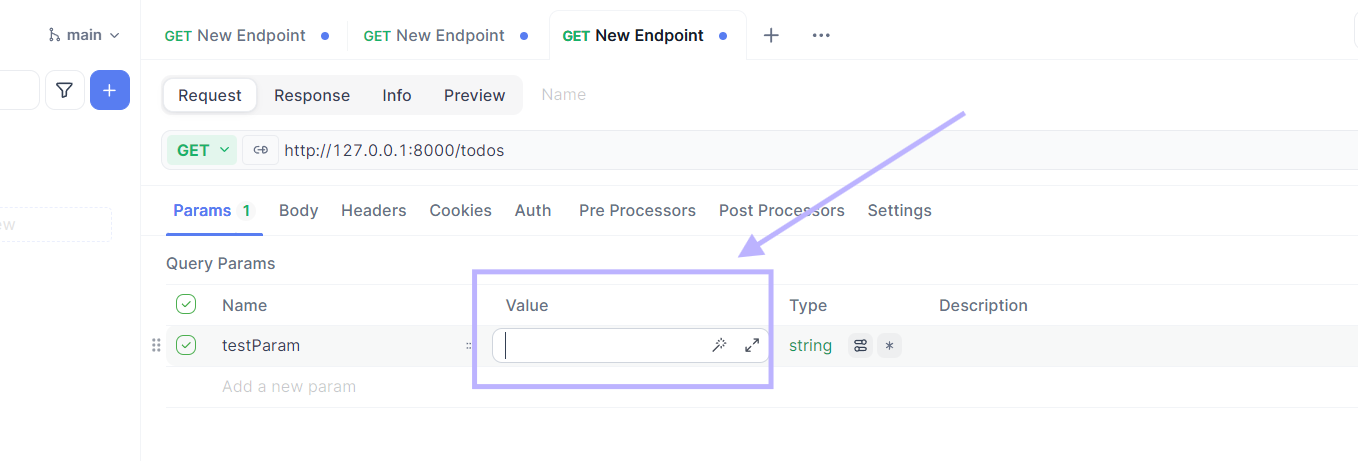
3. Apidog automatically applies proper URL encoding, but if you need to verify or adjust, select the param value in the parameters list.
4. Right-click and choose EncodeURIComponent for instant, correct encoding: %7B%2522hello%2522%3A%7B%2522%24word%2522%3A%2522world%2522%7D%7D.
5. Send the request—boom, it works without hiccups.

The beauty? Apidog's intuitive interface and built-in tools mean you rarely need that manual step. It just gets encoding right, supporting various formats and charsets seamlessly. Devs praise it for avoiding Postman's pitfalls, especially in complex scenarios like non-ASCII characters or special symbols.
Benefits of Ditching Postman for Apidog
Switching to Apidog isn't just about fixing encoding—it's about upgrading your whole workflow. Here are some perks:
- Seamless Encoding: Say goodbye to Postman URL encoding drama. Apidog handles special chars like a pro.
- All-in-One Power: Design APIs with detailed docs, run automated tests, and generate code effortlessly.
- Collaboration-Friendly: Share collections, integrate with Git, and mock endpoints for faster dev.
- No More Junk Characters: Proper charset support (e.g., UTF-8) prevents misinterpretations in responses.
- Free to Start: Dive in without breaking the bank, and scale as needed.
Users on forums like Reddit are raving about Apidog's richer GUI and testing features compared to Postman. It's offline-capable too, perfect for on-the-go work.
Conclusion: Make the Switch Today
There you have it—Postman URL encoding issues don't have to derail your day. By understanding the glitch and embracing Apidog as your alternative, you'll save time, reduce frustration, and build better APIs. Ready to give it a spin? Head over to Apidog's site and download it now. Trust me, your future self will thank you. Got questions? Drop 'em in the comments—let's keep the conversation going!

